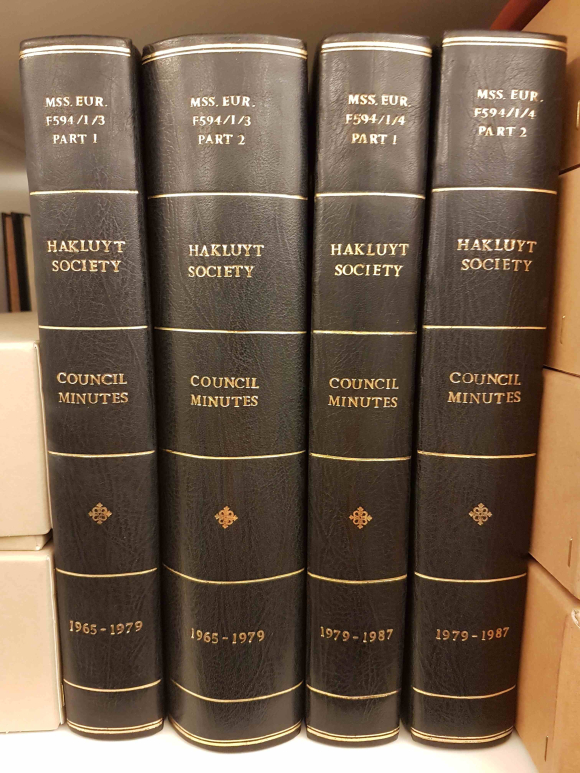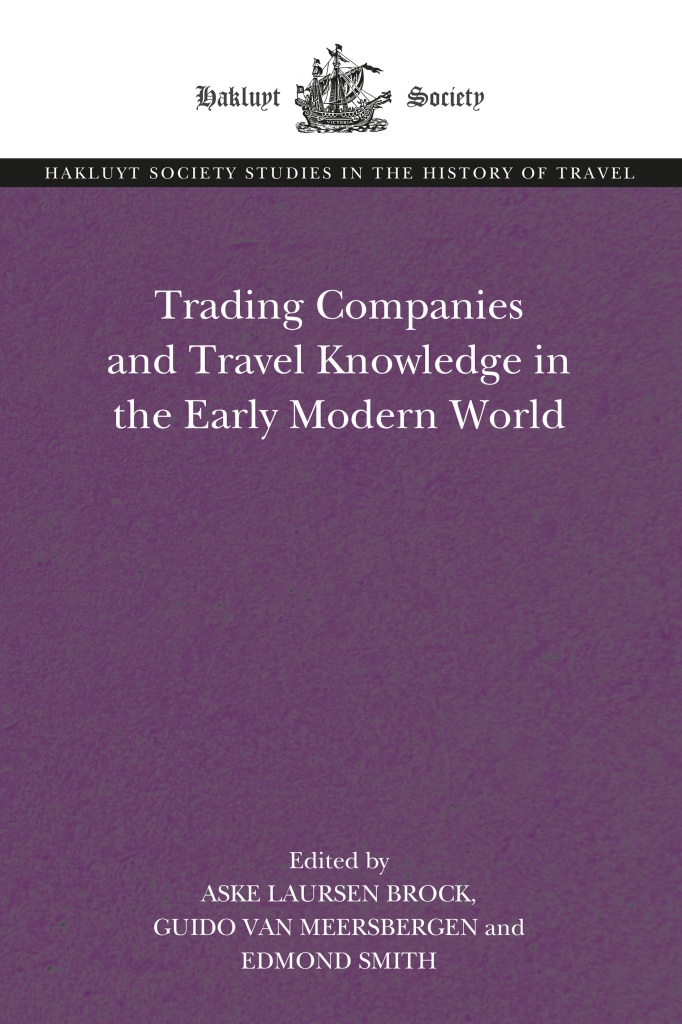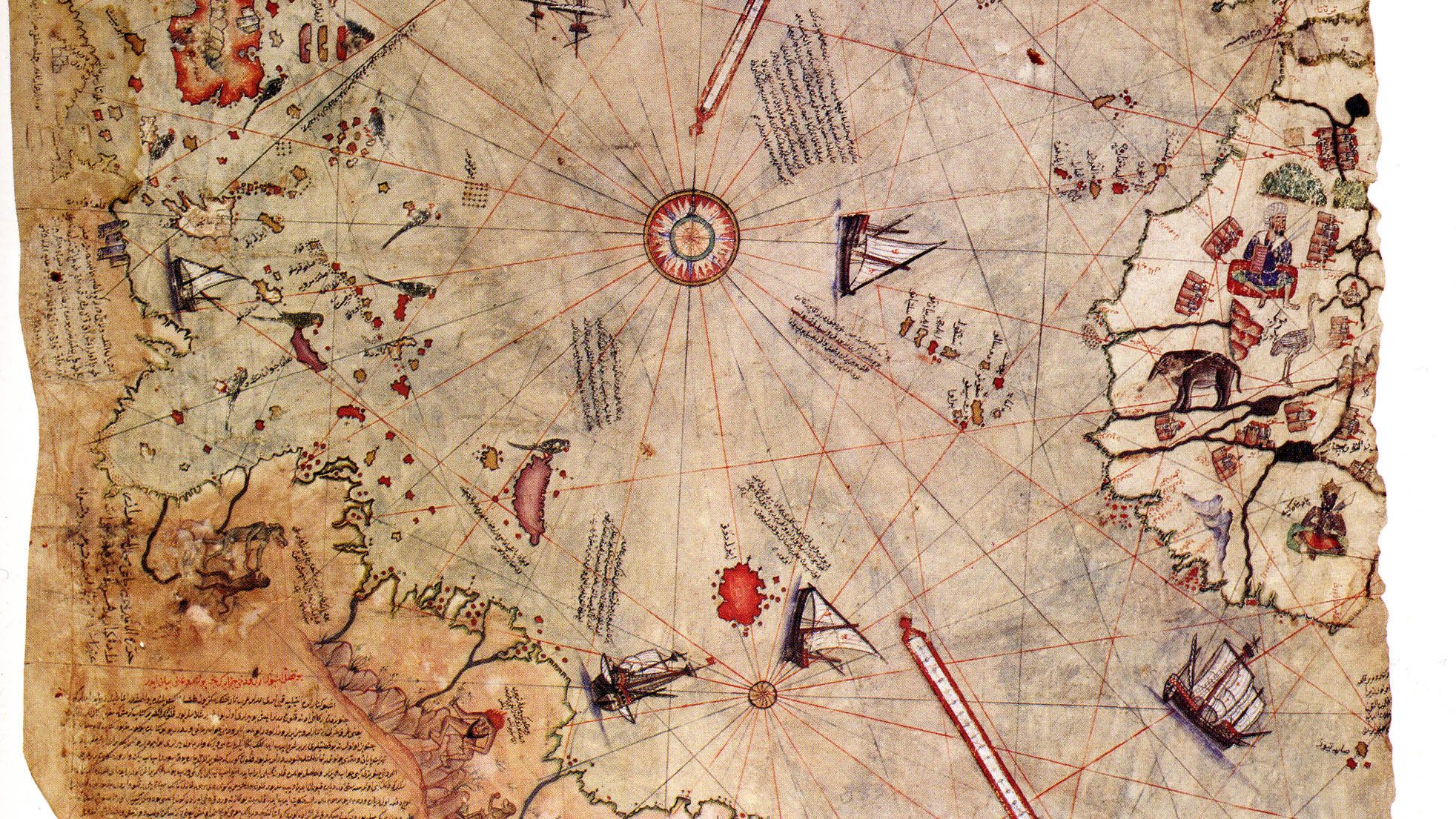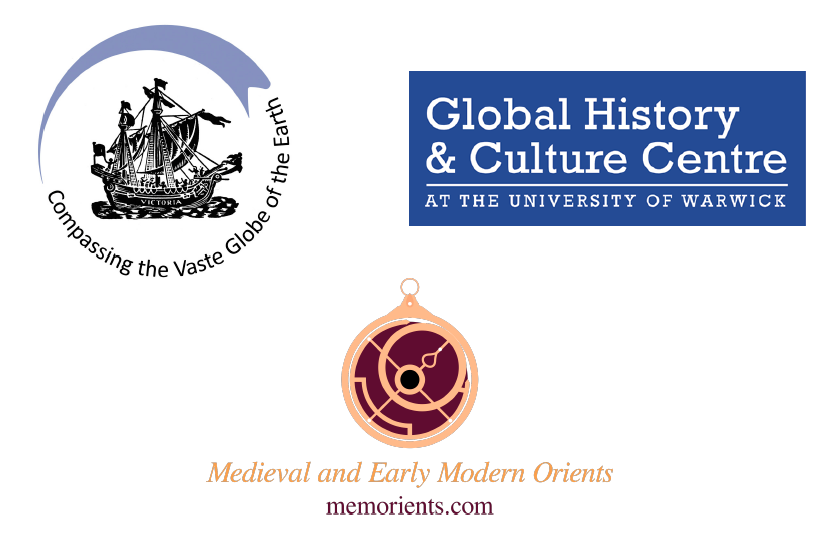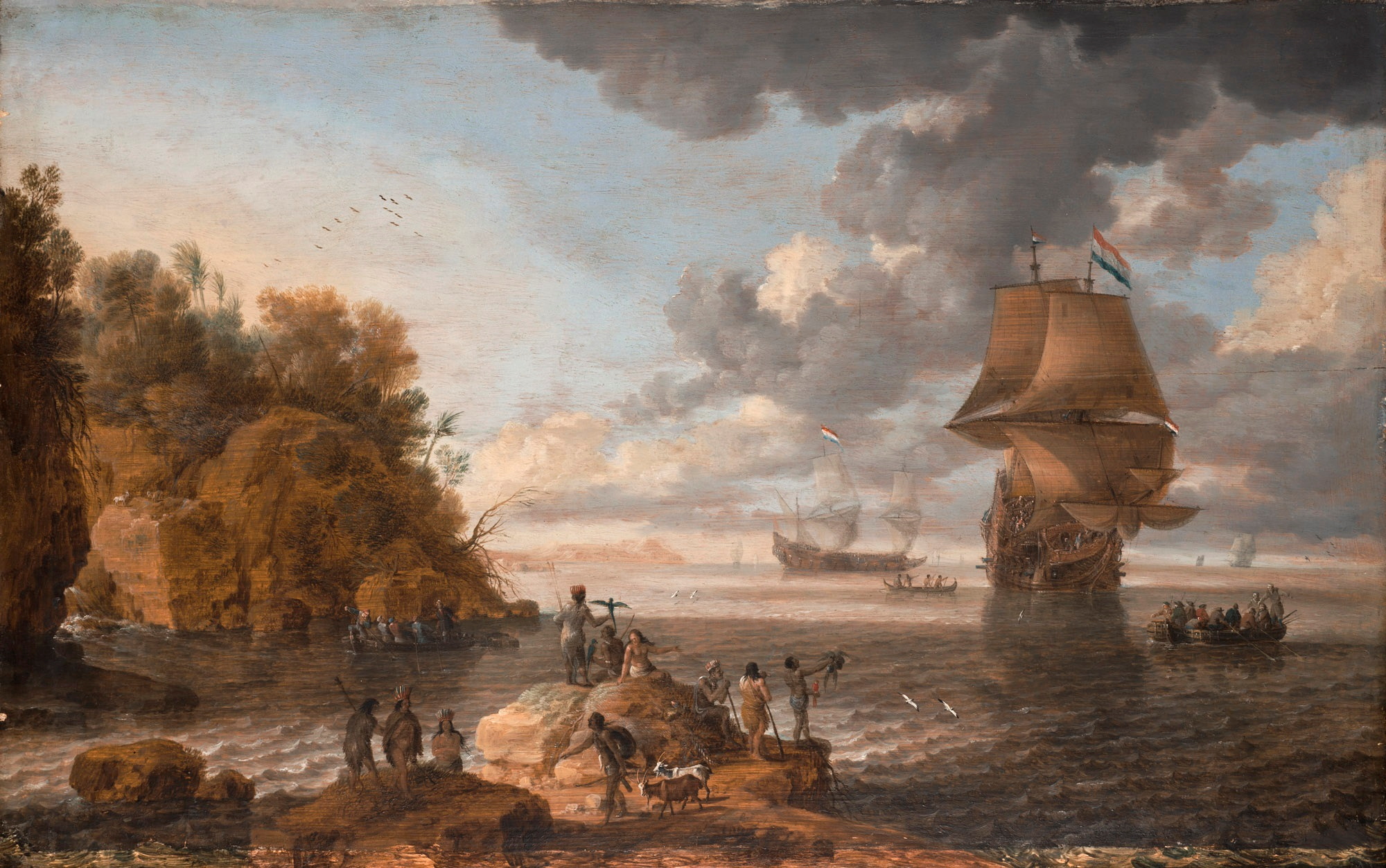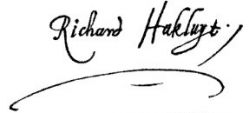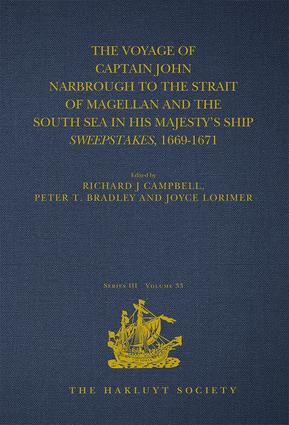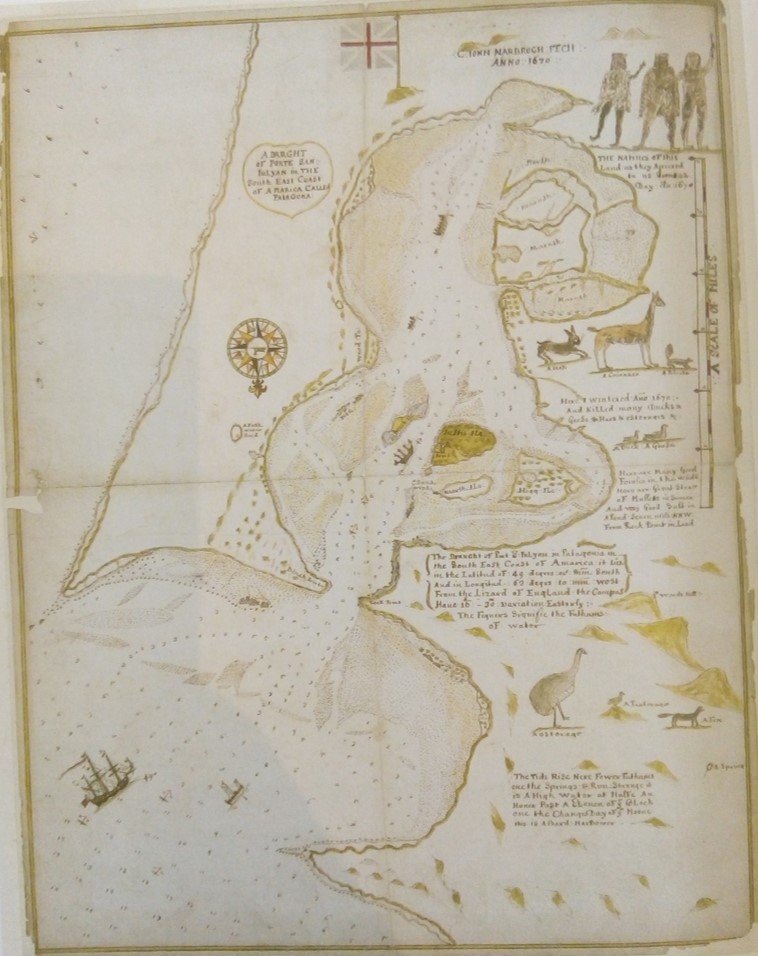For the fourth year running, the Hakluyt Society in pleased to announce its annual round of Research Funding. In furtherance of the principal objects of the Hakluyt Society, to promote the study of historical exploration, travel, and worldwide cultural encounter, the Society operates two schemes of research funding. These are:
- The Hakluyt Society Research Grant, up to six of which will be available per calendar year, with a maximum allocation of £1500 each.
- The Hakluyt Society Short-Term Fellowship, two of which will be available per calendar year. The Fellowship may be held for a maximum of four months, with a maximum allowance of £1650 per month.
These funding opportunities are open to anyone whose research interests meet with and promote the objects of the Hakluyt Society. All applicants must be members of the Hakluyt Society, and applications must be received by 31 January 2019.
Please ensure that you have read the guidelines below before completing the Application Form.
– Join the Hakluyt Society on www.hakluyt.com –
Guidelines
1. Hakluyt Society funding is given to support and extend the stated aims of the Society. The primary aim of the Society is ‘to advance knowledge and education by the publication of scholarly editions of primary records of voyages, travels and other geographical material’. In addition, the Society also undertakes and supports activities supplementary to its primary role as a publisher of scholarly texts: ‘by organizing and participating in meetings, symposia and conferences which contribute to an increased awareness of geographical exploration and cultural encounter’. Applicants should state clearly in their application how the proposed project meets the aims of the Society
2. The applicant must be a member of the Hakluyt Society at the time of application. (For further information about membership and the activities of the Hakluyt Society, please visit www.hakluyt.com).
3. In completing the form, applicants should make clear which one of the two funding sources is being applied for. It is not possible to apply for both of the funding sources in the same year. In the event of successful application, further financial support from the Society will not normally be considered within two years.
4. The Abstract should be written in language suitable for a non-academic audience and outline the importance and timeliness of the work proposed and its fit to the work of the Society. The section Description of the Research, should place the nature of the research proposed in relation to the relevant scholarly literature and identify the originality and significance of the work proposed.
5. Where relevant, the library/archive or other repository to be visited should be identified, as should the expected time frame in which the research will be undertaken. The application should detail the number of working days that will be spent at the library/archive/repository in question.
6. The Budget must give projected costs in as much detail as possible, and should justify the levels of expenditure proposed.
7. Plans for communication of the research should be fully explained. These should also be realistic and precisely stated.
8. Applicants should note that the funding is intended to cover the costs associated with the conduct of research (including reasonable travel and subsistence expenses), and is not for an applicant’s ongoing maintenance expenses during the period of research. Maintenance can be paid, however, for periods when the research requires the applicant to live away from home. Please note that Hakluyt Society research funding is for research with identifiable publication plans only and may not be used simply for dissertation research or write-up. Funding will not be given for computer hardware or software costs. If applicants are in any doubt over allowable costs, they are advised to contact the Society.
9. Successful applicants are required to acknowledge the support of the Hakluyt Society in any resultant Hakluyt Society publication, other research publication or in events of outreach and dissemination.
10. The maximum sum available for a Hakluyt Society Research Grant (HSRG) is £1500. Normally, there will be up to six Hakluyt Society Research Grants available in any one research funding year (April to March). Normally, there will be two Hakluyt Society Short-Term Fellowships available in any funding year. The Hakluyt Society Short-Term Fellowship (HSSTF) may be held for a maximum of four calendar months. The maximum sum available for the Hakluyt Society Short-Term Fellowship will be £1650 per calendar month (i.e., the maximum sum that may be sought is £6600). Normally, there will be two Hakluyt Society Short-Term Fellowship available in any one funding year.
Normally, in the event of successful application, the sum awarded will be paid directly to the named applicant. It is the applicant’s responsibility to provide the Society with full details of the bank account into which the award should be paid. Upon completion of the project for which an award has been made, the applicant is expected to provide the Society with a summary of the expenditure, with itemized receipts for the same, a brief report of the work undertaken and a blog post on the work or some aspect of it, suitable for publication on the Hakluyt Society Blog. The Society (at office@hakluyt.com) would like to receive the summary of expenditure, report and blog post as soon as possible after the research is completed, but requires them no later than one month after the research funding year, i.e. by 30 April 2019.
11. Successful candidates will receive notification of the outcome of their application. Due to the volume of applications, please note that the Society is unable to enter into correspondence on individual unsuccessful applications. The Society reserves the right to invite selected unsuccessful candidates to develop their proposals further to reapply in subsequent rounds, and may provide additional feedback in such cases.
@HakluytSociety – Become a member at www.hakluyt.com

